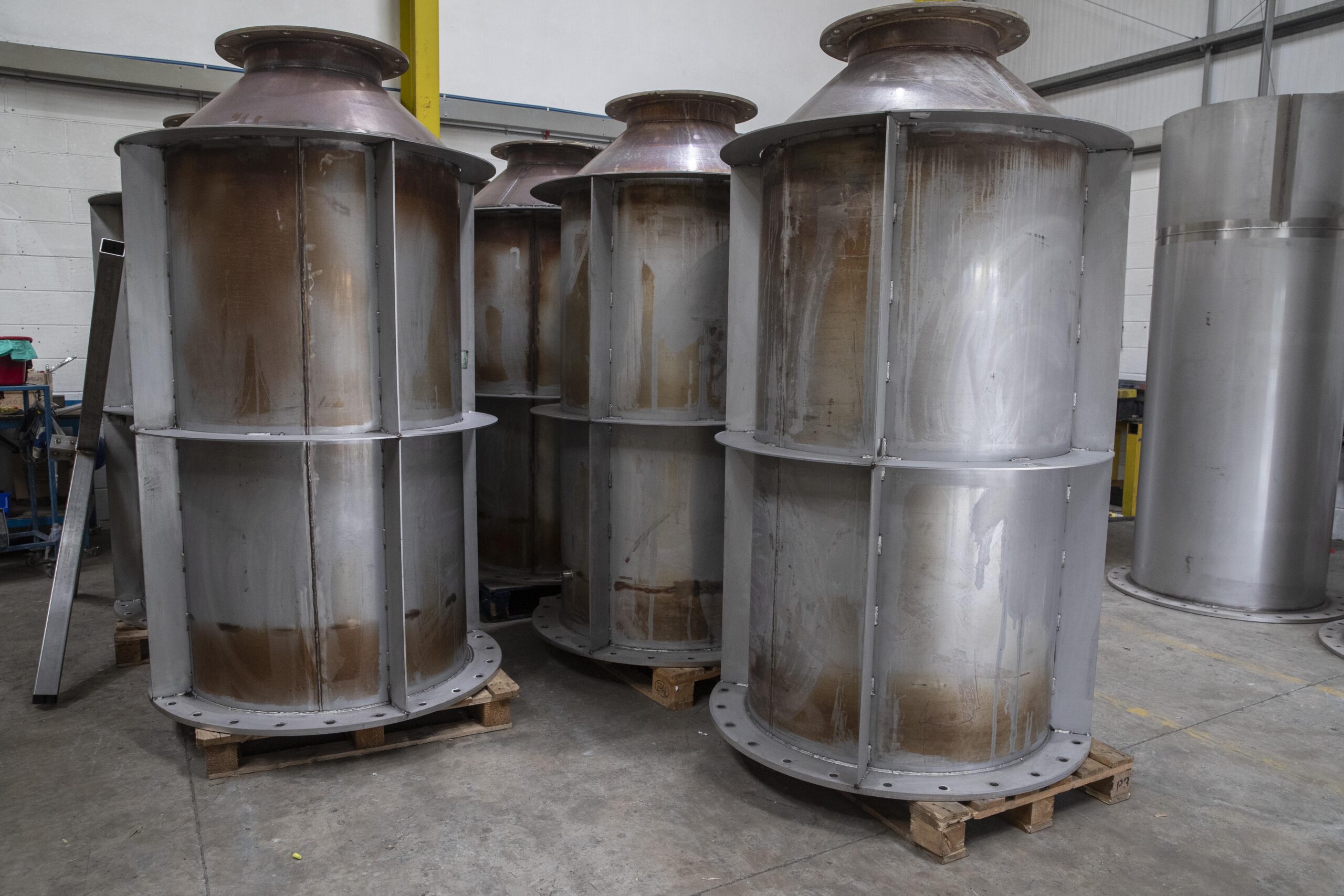Do you need a pipe for a new machinery fabrication project or to replace a broken or corroded pipeline? Before you order, it’s worth emphasising that not all pipes are not the same. Choosing carelessly could cost you dearly in the long run, so it pays to carefully consider each of the qualities that are important in your decision. In most cases, this will include the following crucial factors.
What is the company’s track record?
It’s not easy to assess how well previous jobs were completed, but in the industry, bad news travels fast. If they have plenty of previous projects to their name you can be pretty certain the good news outweighs the bad. More specifically, you should look for some sector-specific experience. A good pipe fabrication company doesn’t only understand how to make a pipe, they understand how they are used. That background experience is extremely important if they are going to help you get the component you need. Often an experienced fabricator will foresee drawbacks and opportunities you may not have considered. Misunderstandings, design changes and adjustments on site are no good for anyone.
What materials do they use?
Most fabricators will buy in whatever you ask for, but that is not proof that they properly understand that material. If it isn’t a material they often use, they may also lack reliable supply-chain arrangements. Therefore. it is often wise to explore the suitable materials, grades and sizes with your fabricator at the outset. Don’t forget to ask about their stock situation and get firm dates for any required material deliveries. You aren’t being nosy when you are paying for it!
The cost
Of course, you will ask for the price in advance, but the point is to understand it. Low quotes are always low for a reason, but is it because they are efficient or is the reason something you should worry about? Those reasons often boil down to an underpaid and consequently under-skilled workforce, or to under-investment in modern equipment, or to using materials of dubious quality or failing to understand everything the project entails. A low quote may not be a deal-killer, but it is never wise to grab it in haste and repent later. A realistic price is always a better sign.
Customer service
Reviews, recommendations and testimonials help, but sometimes you have to use your own intuition. Too much customer service attention and too little can both be bad signs. It is more important to get the right kind of attention – prompt, knowledgeable replies to your questions. If you ask the right questions you’ll soon get the measure of your contractor.
Turnaround
This is by no means your last consideration, but it is last in this list because in order to deliver on their promises, your contractor must possess all the other virtues already listed above. If a firm lacks sufficient skilled personnel, lacks good quality tools, lacks good B2B relations with the supply chain, doesn’t understand your sector or has little project management experience, it is highly unlikely they will deliver on time no matter how hard they try.
Overruns and errors cost money and that could present them, and you, with another problem – they may ask for more than the quoted figure or lose interest in fulfilling your order altogether. It happens, so it’s best to use an experienced contractor: one with broad experience in diverse industrial sectors and a history of delivering on-target on-time. That company is Walker Engineering.








Recent Comments